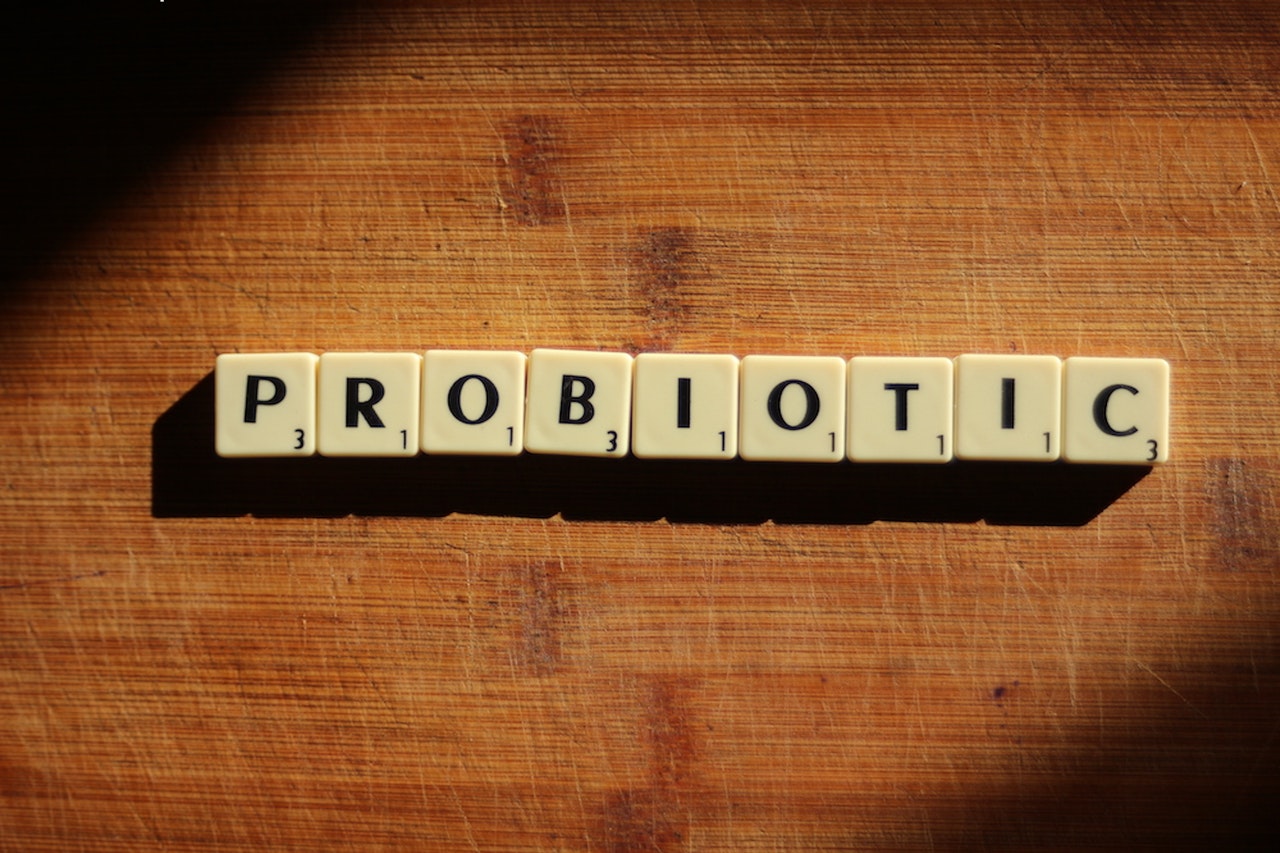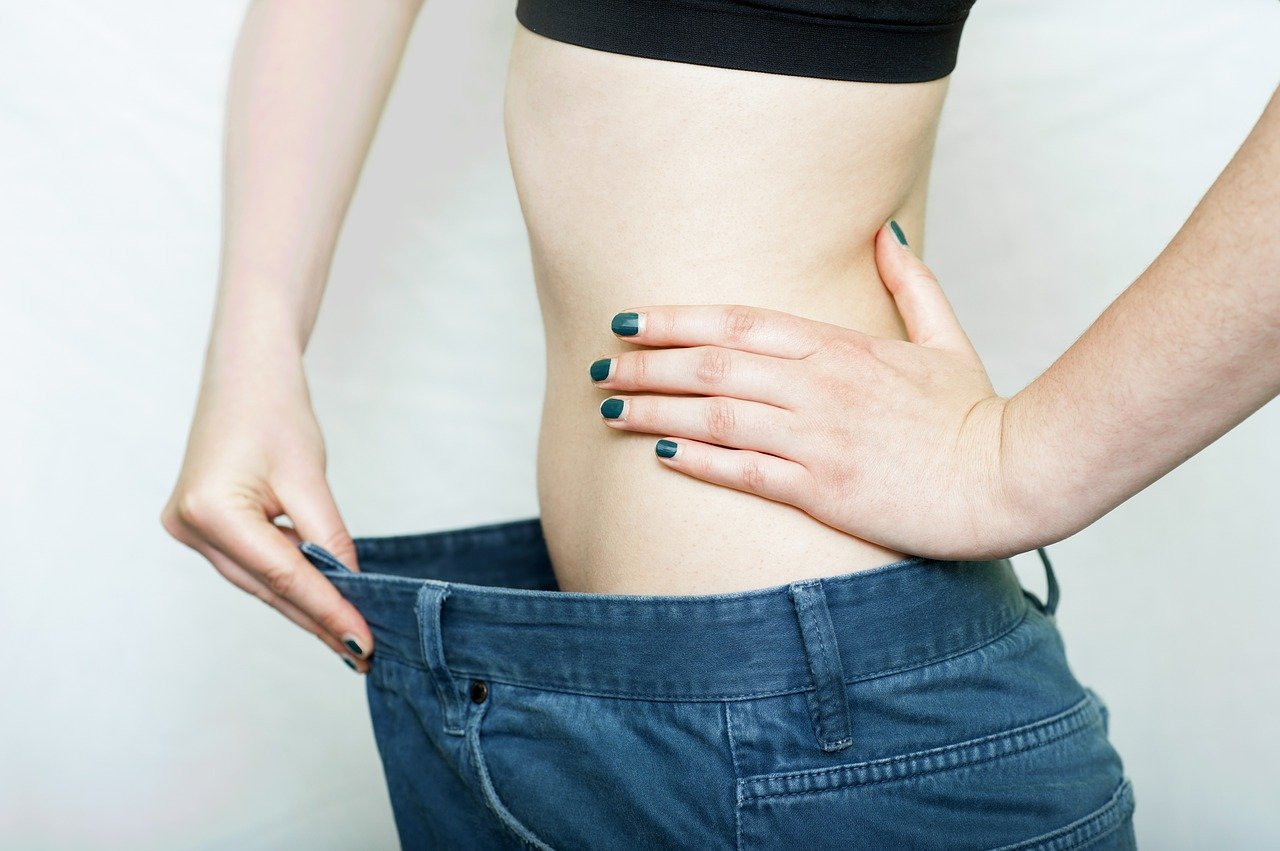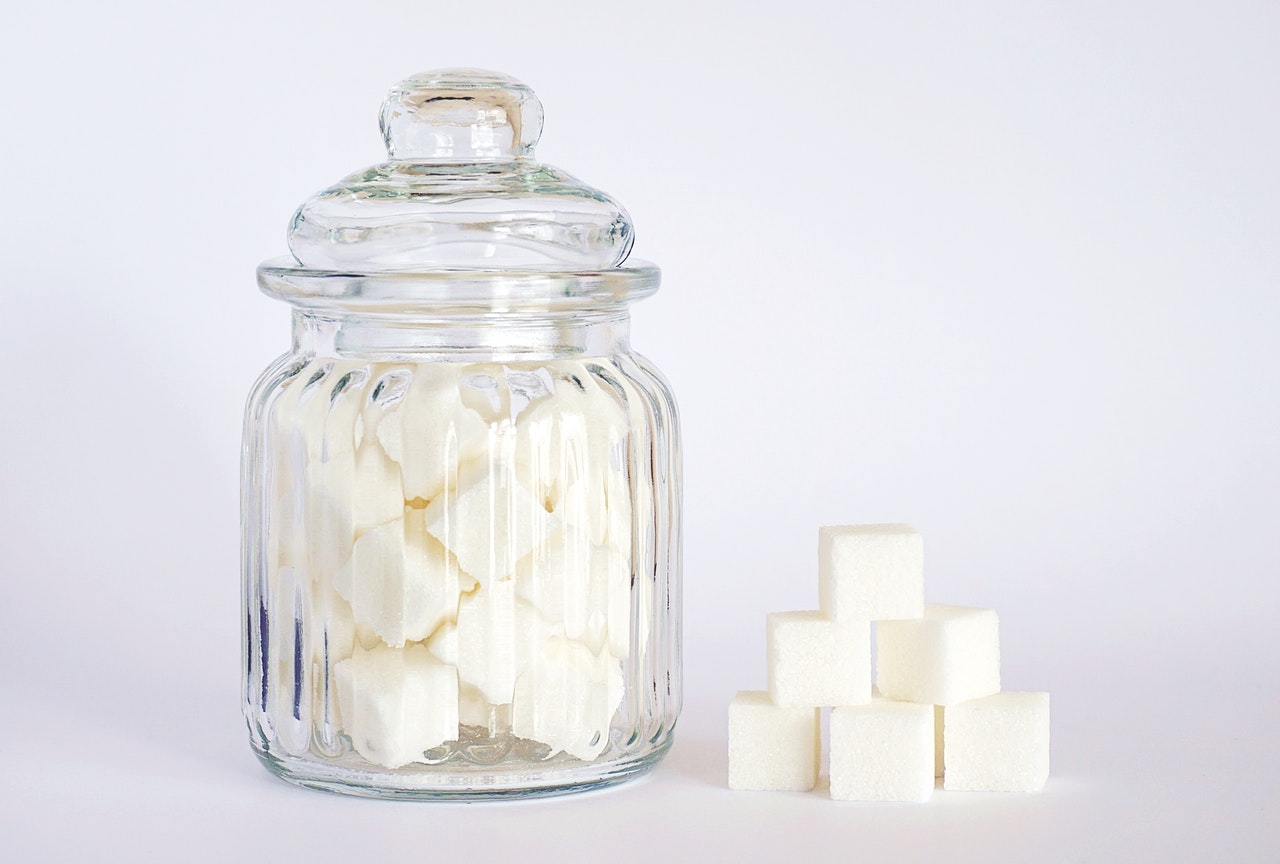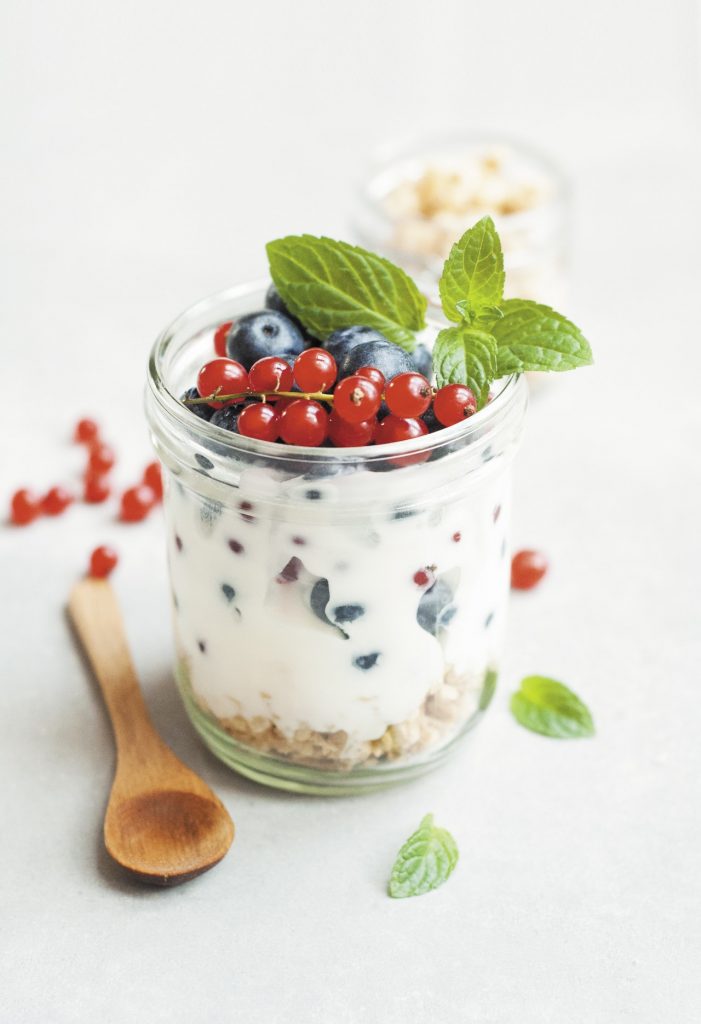Do all the probiotics healthy? Do probiotics have any side effects? What are probiotic’s side effects? We would answer all these questions in this article. Probiotics may have short-term side effects however its very healthy in long run.
Probiotics are beneficial living bacterial strains; however, they are not without negative effects for everyone. Starting probiotics may have short-term side effects. While the initial two weeks may bring about some uncomfortable changes for individuals, the long-term positive effects will be welcomed with open arms. Here’s what to expect.
Why do you need probiotics?

Every other component of your body, including your brain and immune system, is closely linked to your stomach. While many individuals begin taking probiotics to aid digestion, reduce irritable bowel syndrome, or relieve bloat, these advantages are simply the tip of the iceberg.
Probiotics are good bacteria that are good not just for general gut health, but they may also enhance your stress response, contribute to better skin, and even promote healthy cholesterol levels.
Probiotics can also help with your metabolism. According to Robert Rountree, M.D., a famous integrative physician, certain bacteria are better than others at collecting nutrients and energy from meals. If you have a higher concentration of these bacteria in your gut, you may find it simpler to maintain a healthy weight.
7 Probiotics Side Effects
According to the NCCIH, probiotics supplements are generally regarded as safe to consume and will not produce severe negative side effects if you are healthy. However, while your body adjusts to the new bacteria, you may notice some little discomfort before noticing the benefits. The following are the most typical probiotics side effects.
3 short-term side-effects of probiotics
Bloating and gas
“The two most frequent adverse effects, gas and bloating, are a natural response that occurs when you introduce a new bacterium to your gut ecology,” says Amy Shah, M.D., a dual board-certified integrative medicine. Good bacteria can create gas as a byproduct when your gut microbiota changes and trapped gas causes bloating.
Inconsistency
Probiotics help reduce transit time or the rate at which food and waste pass through your digestive tract. While this is wonderful news for anyone who goes to the gym too regularly, it may lead to fewer frequent visits at first. This irregularity will usually correct itself when your body adjusts and you’ll have more regular bowel movements, although it can be unpleasant at first. Consumption of probiotics supplements can help in reducing digestive tracts disorders.
Headaches

Many probiotic supplements and food include amines, which can cause headaches, particularly in those who are susceptible to them. This is not generally a problem with probiotic pills, but it might occur if you abruptly increase your diet of probiotics-rich foods such as sauerkraut and yoghurt.
4 positive long-term side-effects (health benefits) of probiotics
Once you’ve gotten beyond the unpleasantness, you could notice some fantastic side benefits that you hope will last.
Okay, so perhaps long-term side effects are the health benefits of taking probiotics. But in many situations, you’ll see beneficial improvements in your health that you weren’t anticipating. Some of the health benefits of consuming probiotics include:
Lessening in bloating
Increased bloating is a typical side effect when you just begin taking probiotics, but the switch will likely flip and you’ll experience less bloating over time. “Bloating is typically caused by an imbalance of good-to-bad bacteria in your gut,” Shah adds. Increasing the number of beneficial bacteria to drown out the harmful bacteria helps to reduce gas and bloat. “We do know that taking probiotics daily helps promote a healthy microbial balance in the gut, which can help with bloating,” Shah adds.
Frequent restroom visit
Probiotics include beneficial bacteria that aid digestion, which may lead to more frequent toilet visits. While this may be an annoying side effect at times, especially when you’re at work or out to lunch with your pals, your body and stomach will thank you once you begin eliminating it regularly.
Feeling energetic
Probiotics aid in the appropriate use and absorption of nutrients. And when your body receives the proper quantity of vitamins and minerals, you will have more energy and feel better in general. As a result, you may find yourself spending less time on the sofa watching TV and more time ticking items off your to-do list.
Improved Immunity
“The sooner you start a probiotic, the more diversified your gut microbiome will grow, as will your immune cells and digestive tract,”Bindiya Gandhi, M.D., an American Board Family Medicine–certified physician, previously told. To put it another way, when your gut microbiota balances, your immune systems are maintained and strengthened. For instance, did you know that your digestive tract houses more than 70% of your immune system?
If an individual has compromised immune systems, he/she may consider taking probiotics to improve their immune systems.
How long do the side effects of probiotics last?
How you feel—and how long you feel the same way depends on your gut health and how your body absorbs the various probiotic strains. According to Shah, because everyone metabolises probiotics differently, there is no set time window for everyone.
In general, early unpleasant side effects usually disappear after the first two weeks, as your gut microbiota begins to adjust to its new state of equilibrium. Many individuals see gut support improvements as soon as two days after starting probiotics, but it all depends on how unbalanced your gut is, to begin with, and which strains you’re taking.
If you don’t see a reduction in unpleasant side effects within the first couple of weeks, consult your doctor to ensure there isn’t something else going on beneath the surface. If you have small intestinal bacterial overgrowth (SIBO) or irritable bowel syndrome (IBS), for example, the adverse effects may be more severe and prolonged.
The side effects, such as decreased bloating and more regular evacuation, should last for a long time.
What are the side effects of too much probiotics?
Bloating, gas and nausea are common side effects of taking too many probiotics. Those with compromised immune systems or a major disease are more likely to experience harmful side effects according to the National Center for Complementary and Integrative Health. so, check a doctor before taking high doses of probiotics.
According to some studies, introducing additional bacteria may negate (the health benefits of probiotics). “If the good bacteria get to the meal before we do, they can convert it into gas,” Farhadi explains. In addition to increased gas, you may suffer bloating or an upset stomach. Diarrhea is also possible, although this is about as severe as it gets.
Can probiotics trigger diarrhea?
Probiotic supplements and foods are typically regarded safe since the microorganisms (good bacteria) used as probiotics already occur naturally in your body. They may induce allergic responses, as well as minor stomach distress, diarrhoea, or flatulence (passing gas) and bloating in the first few days of usage.
How do you ensure the probiotics are working?
Probiotic supplements have become one of the most popular supplements in recent years. Probiotics are food products that include some of the numerous good bacteria found in a healthy gut and can help rebalance and improve your gut flora.
Probiotics can aid with digestion, intestinal health, and general well-being. So, let’s suppose you start taking a probiotic pill – which we believe virtually everyone should – how do you know it’s working?
Signs that your probiotics are working
When you take high-quality probiotic supplements, you may experience a variety of health benefits in your body, from improved digestion and increased energy to a better mood and clearer skin.
Improved digestion is frequently the first and most noticeable difference that people notice.
Strains of bacteria will help to restore your gut flora, which may immediately improve the situation like frequency and regularity of bowel movements as well as reduce bloating or gas. Probiotic bacteria’s beneficial benefits extend beyond better digestion over time.
A well-balanced gut microbiota will enhance your gut barrier function, preventing toxins and bad bacteria from entering your body via the gut, which you most likely eat regularly in today’s environment.
This, in turn, reduces the strain on your immune system and liver, making you less susceptible to sickness and decreasing inflammation in your body. Inflammation can present itself in a variety of ways, including skin problems, brain fog, tiredness, and a lack of concentration. As a result, decreasing inflammation and rebalancing your immune system can have many beneficial consequences. Let’s take a closer look at a few of them:
Improved digestion

Your gut bacteria influence how fast and thoroughly your meal is absorbed. When your gut microbiota is out of balance, you may experience digestive pain such as gas, bloating, and stomach aches, particularly after eating.
Improved digestion and a reduction in symptoms such as bloating, gas, and stomach pains are among the initial benefits of a high-quality probiotic.
More consistent bowel movements
Inconsistent bowel motions might be caused by an imbalance in the makeup of beneficial bacteria in your gut. For example, regular diarrhoea may indicate the presence of harmful bacteria in your intestines. A good probiotic can help bring more healthy bacteria into your stomach, crowding out the harmful ones.
Constipation, on the other hand, might be caused by a decrease in mucus production or a decrease in the motility of your intestinal muscles. Certain probiotic bacterial strains have been shown to enhance mucus production, which can help control constipation.
Increased energy
The minerals and micronutrients in your diet provide energy to your body, and your stomach plays an important role in absorbing these nutrients. Inflammation of the gut lining might arise from an imbalance in your gut microbiota.
This inflammation inhibits normal nutrition absorption, leaving you lacking in critical elements that provide energy. As a result, using a high-quality probiotic pill to heal your stomach and reduce inflammation in the gut can help increase your energy levels.
Furthermore, inflammation in the gut can result in a leaky gut, which occurs when the lining of the stomach becomes porous. Larger food particles and microorganisms can reach your circulation in this case, triggering an immunological reaction.
If your immune system is continuously on the attack, your energy levels will suffer as well. A high-quality probiotic supplement can aid in the repair and maintenance of a healthy gut lining, decreasing the load on your immune system.
Improved mood
The stomach and the brain are continually communicating through a variety of messenger signals, including neurotransmitters. Our gut bacteria have the ability to affect how brain neurotransmitters are processed in our bodies. Surprisingly, the stomach generates some of the same neurotransmitters as the brain, including serotonin, the happy hormone.
An imbalance in your microbiome and inflammation in your stomach can limit the amount of serotonin generated, causing your mood to suffer. Furthermore, they generate compounds that have been found to reduce anxiety and sadness.
Enhanced immune system
The gut is crucial for absorbing all essential nutrients from the food you eat. Many of these minerals, such as B vitamins, zinc, and vitamin C, are essential for immunological support. Any imbalance in your gut microbiota might influence nutrition absorption and immunological function.
As previously stated, an imbalance in your microbiome can cause inflammation in the stomach. Larger food particles and other pollutants can enter your circulation if inflammation progresses to a leaky gut, prompting a continuous immune response. Taking a high-quality probiotic supplement can aid in the restoration and maintenance of a healthy intestinal barrier, preventing bigger particles from entering your circulation.
Finally, some probiotic bacteria aid in the management of the immune system in two important ways, preventing it from spiralling out of control.
Reduced anxiety and improved stress responses

The gut and the brain are always communicating with one another. An imbalance in gut microorganisms is frequently associated with increased anxiety. Changed gut microbiota has been related to a variety of psychiatric illnesses, including Alzheimer’s disease and depression.
Furthermore, a leaky gut is frequently connected with brain inflammation, which can affect mood and how you respond to stressful events. Clinical investigations have shown that OMNi-BiOTiC STRESS RELEASE improves positive mood and attention by improving the gut barrier function and working on the gut-brain axis.
Weight loss

Several studies have found that the makeup of the gut microbiome is related to a person’s metabolism and body weight. While research is still in its early stages, it has been shown that some forms of bacteria are more frequent in thin people, while other types of bacteria are more common in overweight persons.
Your weight may be impacted depending on which sort of bacteria you have more of. Furthermore, if your gut flora is out of balance, bad bacteria and other diseases such as Candida Albicans can proliferate.
Many of these microorganisms have the ability to transmit signals to the brain that cause the body to want sweets. The more sugar you consume, the better these viruses and harmful germs may live and proliferate! A high-quality probiotic can assist in rebalancing the diversity of beneficial bacteria in your gut, which can impact your metabolism and the sorts of foods you want.
Improvements in cognitive function
Numerous studies have found a substantial relationship between intestinal health and brain health. Inflammation in the gut is frequently caused by a bacterial imbalance in the gut.
This inflammation, over time, renders your intestinal barrier permeable (leaky gut). As a result, bigger food particles, viruses, and poisons can enter your bloodstream and eventually reach your brain, causing inflammation.
This inflammatory process impairs cognitive function. As a result of maintaining a healthy intestinal barrier, probiotic supplements may help boost your cognitive performance.
Reduced sugar cravings

Some viruses and bacteria, such as Candida Albicans, can mislead the body into wanting sugar. This is advantageous to the pathogens since sugar is one of their primary feeding sources. The more sugar you consume, the faster they develop and multiply.
Taking a high-quality, multispecies, multistrain probiotic pill will increase the variety of your gut flora and give these infections fewer opportunities to flourish. Several probiotic strains have been shown to exhibit antifungal activities against Candida Albicans and other infections.
Symptoms that your probiotics aren’t working
No improvement: If you do not see any improvement in your digestion or the digestive difficulties you are having, this product is most likely not for you.
If the probiotic works for you, you should notice an improvement in your digestion within four weeks of starting the medication.
Side Effects: For the first few days after starting a new probiotic, some people suffer minor side effects such as moderate bloating, gas, or more frequent bowel movements.
This is your body adjusting to the probiotic and perhaps clearing away dangerous things such as infections. However, if these adverse effects persist beyond the first week of taking the probiotic, discontinue use and see a doctor. If you develop more significant side effects such as allergic reactions, dizziness, swelling, or trouble breathing, stop using the product immediately and notify your doctor.
What are probiotic foods?
Yogurt, kefir, kombucha, sauerkraut, pickles, miso, tempeh, kimchi, sourdough bread, and certain cheeses are examples of fermented foods that naturally contain probiotics or have probiotics added to them. In general, most of the probiotics foods available in the market are fermented foods.
Yogurt

It’s one of the most well-known sources of probiotics, which are “good” bacteria that maintain a healthy balance in your gut. Probiotics may assist with lactose intolerance, according to research. They may also assist with gas, diarrhoea, and other stomach issues. You may spend more on products that include specific probiotics, but any that have “live and active cultures” may be beneficial.
Sourdough Bread

Pay attention to what’s holding your cold cuts and cheese the next time you prepare a sandwich. San Francisco’s well-known sourdough bread contains a probiotic that may aid digestion.
Soft cheeses

Although probiotics are beneficial to digestion, not all of them can survive the passage through your gastrointestinal tract. According to research, strains found in fermented soft cheeses such as Gouda are tough enough to make it.
Kefir
Shepherds in the Caucasus Mountains, which separate southeastern Europe from Asia, found that the milk they brought fermented into a bubbly beverage, according to tradition. Kefir, which is thick, creamy, and sour like yoghurt, has its strains of probiotic bacteria as well as a few beneficial yeast types.
Sauerkraut
Select the unpasteurized kind. Pasteurization, which is used to treat the majority of retail products, destroys active, beneficial bacteria. Sauerkraut and the comparable but spicy Korean dish kimchi are similarly high in immune-boosting vitamins that can aid in infection prevention.
Acidophilus Milk
Using this type of milk, which has been fermented with bacteria, is one of the simplest methods to acquire probiotics. It’s also known as sweet acidophilus milk. Buttermilk is also high in probiotics.
Miso soup
This fermented soybean paste, a favourite breakfast meal in Japan, may get your system flowing. Miso with probiotics is frequently used to produce a salty soup that is low in calories but high in B vitamins and antioxidants.
Sour Pickles
When seeking probiotics in pickles, opt for naturally fermented varieties that were not pickled with vinegar. A sea salt and water combination promote the growth of beneficial live bacteria, and sour pickles may aid digestion.
Tempeh
This Indonesian patty, made from fermented soybeans, produces a sort of natural antibiotic that kills specific germs. Tempeh is high in protein as well. People frequently describe its flavour as smokey, nutty, and mushroom-like. You may marinade it and use it instead of meat in recipes.
How to select probiotics?
You may feel overwhelmed when confronted with the vast array of probiotic foods and supplements presently available. You’re not by yourself. It might be tough to make a decision.
Probiotics are often offered in the United States as food components, medicines, or nutritional supplements. While the Food and Drug Administration (FDA) oversees each of them differently, the majority of foods and supplements do not require clearance before marketing.
As a result, some firms take advantage of the probiotic hype to sell pills labelled as probiotic and make claims that aren’t supported by research.
Probiotic regulations differ significantly throughout the world, thus buying from foreign countries online is hazardous. Unregulated food, cosmetics, and supplements are widely available in other countries, but their safety is unknown.
Searching for firms that adhere to the best procedures, such as third-party testing, might assist you in locating high-quality supplements.
The best option is to take medical advice from your healthcare practitioner or ask for recommendations. They may be able to propose items that they are confident are safe and effective.
What are probiotic supplements?

Probiotics are not just found in meals. They are also available as capsules, tablets, powders, and liquids. Although these supplements may not give the same nutrients as foods provide, they are simple to use.
Take medical advice if you believe it may be beneficial to you. If you’re sick or have immune system issues, you should be cautious about taking probiotics.
What happens when we stop taking probiotics?
While this appears to be fantastic news for probiotics, let’s not get too excited. Our investigation also revealed that the alterations appear to be transient.
In other words, you must continue to take probiotic pills for the effects to endure. If you stop taking them, your gut bacteria will most likely recover to pre-supplementation levels in one to three weeks and may see overgrowth of bad bacteria.
Summary
Probiotics might produce unpleasant side effects such as gas, bloating, and headaches at first, but if you stick with it, they should go away in about two weeks. Less bloating, more energy, immunological support, and regular bowel movements will take their place once your gut is balanced.
If you don’t feel better after a couple of weeks, there might be something more severe going on beneath the surface that warrants a visit to your doctor.

